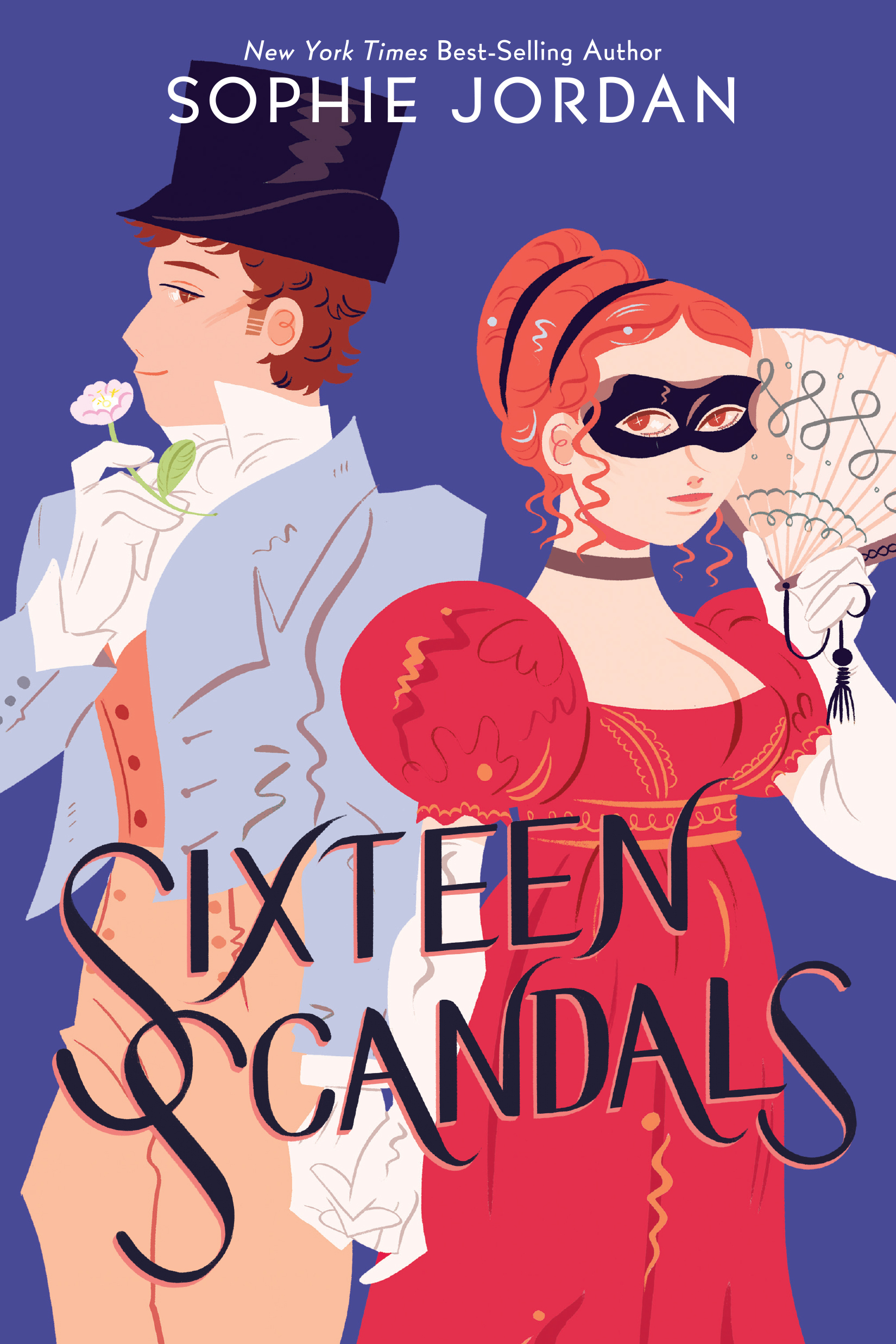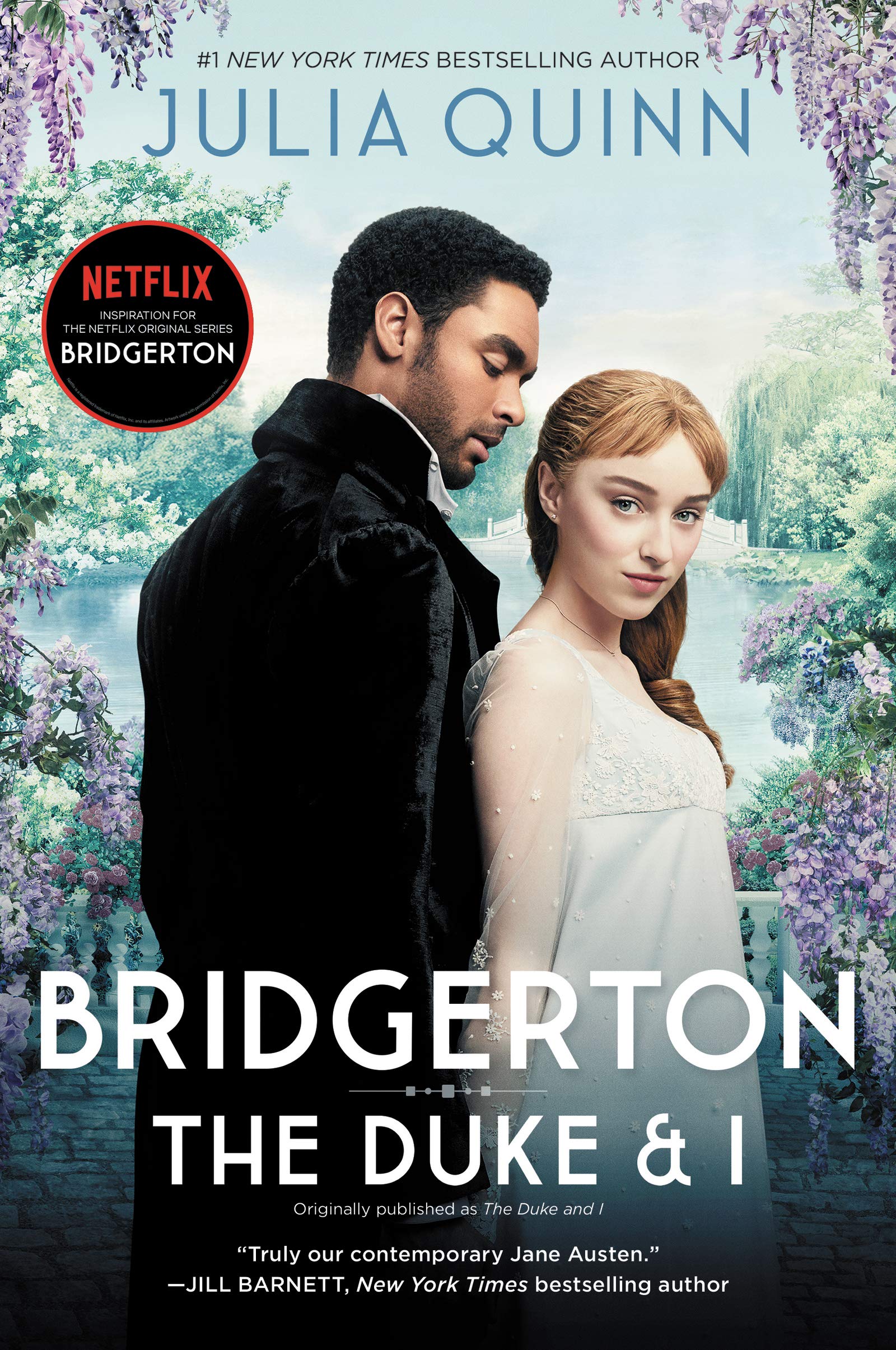Where There's Room For Us / Hayley Kiyoko / Book Review
WHERE THERE'S ROOM FOR US
When her brother unexpectedly inherits an English estate, infamous poetess Ivy leaves her New York life behind to help him settle in (and find a wife, which he needs by year-end in order to keep the estate). Prim and proper high society life in England proves quite different from the more relaxed traditions of the New World, however... especially when a certain Prime Minister wrote a think piece condemning your latest sapphic poetry collection. But Ivy's determined to make a life for herself here, even if that means taking on the help of a neighboring socialite: Freya Tallon.
Freya's whole life has been mapped out for her. As one of only two of her father's daughters who favors men, of course she's going to marry a wealthy lord and produce an heir. That's what her father needs from her. And there's a lord or two interested already. That's what charm and wit will get you. The only time she's stepped out of line has been to help her new neighbor Ivy settle in--something she knows her father wouldn't approve of, given Ivy's... less-than-stellar reputation.
But as Ivy and Freya grow closer, both of their lives are cast askew. Caught between desire and duty, pursuing these new thoughts might prove a risk, but is it a risk too great to take?
Freya's whole life has been mapped out for her. As one of only two of her father's daughters who favors men, of course she's going to marry a wealthy lord and produce an heir. That's what her father needs from her. And there's a lord or two interested already. That's what charm and wit will get you. The only time she's stepped out of line has been to help her new neighbor Ivy settle in--something she knows her father wouldn't approve of, given Ivy's... less-than-stellar reputation.
But as Ivy and Freya grow closer, both of their lives are cast askew. Caught between desire and duty, pursuing these new thoughts might prove a risk, but is it a risk too great to take?

THOUGHTS
This book just didn't work for me. And that makes me sad. I really wanted to like this one, but it didn't provide anything that I would like out of a historical romance. It just missed the mark... again and again and again.
This book just didn't work for me. And that makes me sad. I really wanted to like this one, but it didn't provide anything that I would like out of a historical romance. It just missed the mark... again and again and again.
PROS
| Archetypal | Though the execution here wasn't my favorite, I am and will always remain a fan of a scandalous lady poet character. Hayley Kiyoko provides that, at least, so others who feel like me, have no fear: your lady poet flaunts her well-earned liberty on these pages. |
| Alternate History | While I remain a little confused about how we got to this point in an alternate historical timeline, I did like the idea of a Victorian age where homosexuality is an accepted part of the fabric of life and the big thing we're fighting for isn't the basic right to live but the right to vote in civil society. I needed more from this, I think. I needed some groundwork. But the idea is one I can get behind. |
| Family Focus | As much as this book is a romance, we don't lose focus on secondary characters. Family is very important to both of our leading ladies, and I liked that. I liked that a lot. And I liked that these families, especially Freya's large family, felt very real. They aren't without conflict. They aren't perfect or idealistic. But these sisters are important to her. She adores her father, even if she has to call him out for the ways he (unintentionally) hurts her. I love Ivy's relationship with her brother. I love the focus this book puts on wanting children and not just for them to be an heir but to fill a home and raise a new, beloved generation. This book is about growing families, messy family structures, adopting people into the fold, and living together in some sort of harmony. And I liked that. That was probably the highlight of this whole book. |
CONS
| As I mentioned above, I liked the idea of this alternate history, but the execution didn't work for me. Because I didn't understand it. How did we get here? Why did we get here? There's no explanation given or hinted at. The question isn't even acknowledged. And it's not like it was just the Victorian aesthetic, nothing else. There are a lot of real historical facets incorporated into this book, so I did need an explanation. It's wish-fulfillment fantasy. I get that. It's just meant to be fun. But I needed something, even just a nod toward the fact that people might ask, and I got nothing. Even Shondaland's Bridgerton gives more than this, which is saying something! | Worldbuilding Why? |
| I get that Ivy's an American and she won't be following social customs all that well. I know that. My nitpick isn't about Ivy and her lack of understanding. It's all to do with the author. Was this meant to be Victorian? Undoubtedly yes. Yet it felt particularly regency. A lot changed across English society in the 1800s, and writing a Jane-Austen-esque romance inexplicably set sixty years later without changing much just doesn't make sense. It was unfortunate and confusing. Where are the workhouses, the factories, the steam engine trains? Is the industrial revolution not happening at all? It certainly didn't feel like it. And there were a lot of little wobbles, strange little misunderstandings of social mores of the time that only an American writer would make. It all feels strange and foreign and old to an American, after all. But a lot of the rigid social structures still exist in some fashion in the UK to this day, especially the higher you go. Would the social rules of 200 years ago seem outdated? Absolutely. But the echoes still exist for the contemporary age, where they absolutely don't across the pond. And that's very, very obvious in this historical imagining. | Americana |
| The conflict in a sapphic historical romance will usually hinge on, you know, the fact that society won't accept same-sex attraction. But that factor has been entirely eliminated here in this book. Which I don't mind. I'm all for exploring something new. But the new conflicts added didn't feel like they served the romance plot or the historical moment or the worldbuilding (non-existent as it is). These conflicts feel so... fabricated. So disconnected from anything. And that's not great writing. We've eliminated any real-life problems to add new conflicts that just don't mean much of anything... Unfortunate. | Fabricated Conflict |
Rating
⭐⭐⭐⭐⭐
5/10
Fans of Sophie Jordan's Sixteen Scandals will like this upended look at historical romance. Those who enjoyed The Duke and I by Julia Quinn will like this high society world of juicy gossip.


|
Details
|
Note: I was provided with an ARC by the publisher through Netgalley in exchange for an honest review. All opinions here are my own. |
.jpg)

That sounds interesting. Usually it's the heroine who inherits a house and needs to find a husband to keep it.
ReplyDeleteIt's an interesting twist on the conventions, that's for sure!
Delete"We've eliminated any real-life problems to add new conflicts that just don't mean much of anything..."
ReplyDeleteI get it. And I get the worldbuilding issue as a whole. It feels like there's very little meat on this story...
It definitely didn't live up to what I wanted it to be.
DeleteI appreciate your honest review about this book. The cover is pretty but it isn't a book I would enjoy. Thank you so much for sharing.
ReplyDeleteThanks for stopping by!
DeleteI did read a historical were they had the 1800s nope this is illegal, but they worked it out well
ReplyDeleteThat's usually how these sorts of historical romances play out, for obvious reasons, so I was interested to see a different sort of take on it. But it didn't work for me here.
Delete